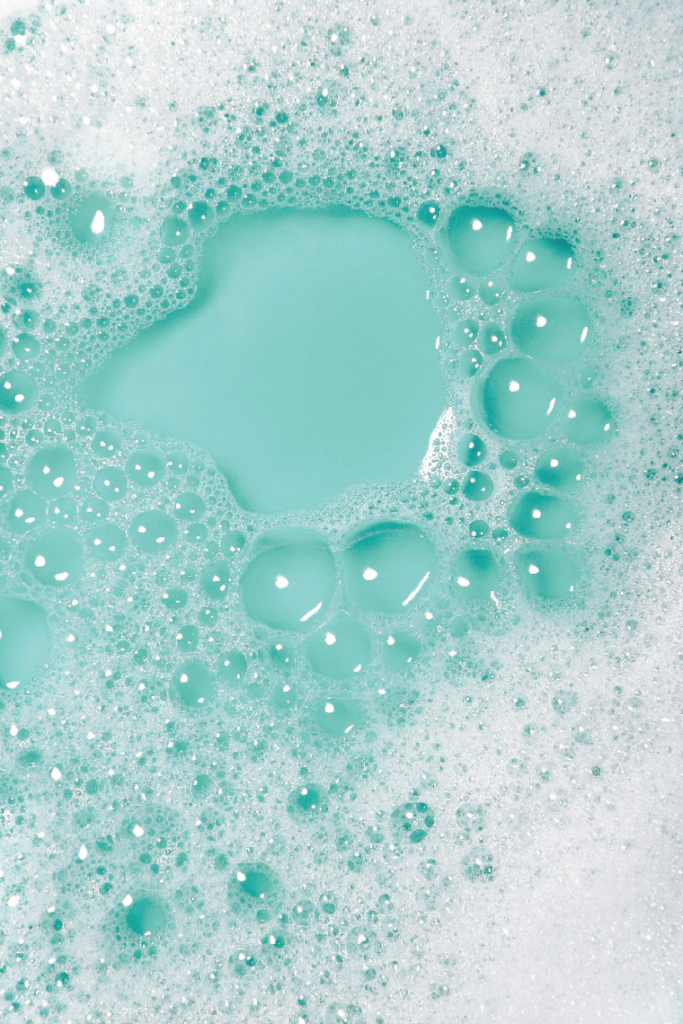
By Anne Marie O’Connor
You buy organic produce, avoid processed foods and drink filtered water, but you may be unwittingly bringing toxins in the front door with many common products. “Many everyday chemicals in our food, drinking water, cookware, cleaning products and personal-care products are not tested for safety and can cause both short- and long-term health issues,” says Aly Cohen, M.D., a Princeton, N.J.-based rheumatologist, environmental-health expert and founder of thesmarthuman.com. Here, how to avoid some of the biggest culprits:
OXYBENZONE AND RETINYL PALMITATE
Where you can find them: Sunscreens
Why they’re a problem: Skin cancer is the most common form of cancer in the U.S., so you’d think that wearing sunscreen would get you major health brownie points, right? Unfortunately, it’s not quite that simple. “Research on animals suggests that chemicals in some sunscreens may cause health problems when they penetrate the skin,” says Dr. Cohen. Oxybenzone is linked to hormone disruption, while retinyl palmitate may speed the growth of cancerous tumors when used on skin exposed to sunlight, according to a federal study cited by the Environmental Working Group (EWG).
A safer option: Mineral sunscreens, whose active ingredient is zinc oxide or titanium dioxide. Other nontoxic ways to protect skin from UV rays: Limit sun exposure during hours with more direct rays (from 10AM to 2PM) and wear sunglasses, a wide-brimmed hat and tightly woven clothing.
BISPHENOL A (BPA)
Where you can find it: Canned foods and sodas
Why it’s a problem: You probably knew your daily can of Diet Coke wasn’t the healthiest option—but you probably didn’t think the can was part of the problem. Ditto the cans of tomatoes you use for sauce and the canned tuna you brought for lunch. “Cans have a lining made of BPA, a compound that was found to mimic estrogen and other hormones in the body, resulting in a variety of hormone-related health issues, like thyroid disease, developmental issues in children, insulin resistance and diabetes, high blood pressure and some cancers,” explains Dr. Cohen.
A safer option: Consume less canned food and fewer canned sodas, says Dr. Cohen. Also avoid cans labeled “BPA-free.” “They can be misleading because they are often made with substitutes like BPS and BPF, which are now being shown to have similar, if not worse, health effects,” says Dr. Cohen. Instead, opt for fresh or frozen foods or foods sold in glass jars. “Also, microwave food in glass or glass containers and not the steam bags or plastic containers they came in,” she says.
PERFLUORINATED CHEMICALS
Where you can find them: Some fabric protectors and nonstick pots and pans
Why they’re a problem: “Stain-blockers essentially create an invisible plastic barrier over your furniture,” says Dr. Cohen. They contain perfluorinated chemicals that can affect hormones and are probable carcinogens. “When the plastic wears off, the chemicals will be released into the air and dust in your home.” Heating nonstick pots and pans release perfluorinated chemicals into the air, where they are inhaled.
A safer option: “Buy new couches and carpeting without stain-guards listed on the tag,” she says. Instead of treating fabric with protectant sprays, treat stains when they happen, Cohen adds. “And use stainless steel pans for cooking, and look for the 18/8 food-grade-steel stamp on the bottom of the pan.”
PHTHALATES
Where you can find them: Household cleaners, fragrances, cosmetics, personal-care products, spray and plug-in air fresheners
Why they’re a problem: Phthalates are a group of widely used chemicals; there is some evidence of a link between exposure to one form of phthalate and cancer in humans, according to a report by the National Toxicology Program; other research has linked other forms of phthalates to a variety of health problems, including ADHD, obesity, diabetes and male fertility issues.
A safer option: “Switch to natural cleaning products like baking soda, castile soap, vinegar, real lemon juice and coarse sea salt for scrubbing caked-on spills—they work just as well without coating your home in toxins,” says Dr. Cohen. She also suggests avoiding products that contain fragrance or perfume, which can contain hundreds of harmful chemicals that aren’t listed on the label. “To freshen the air in your home, open your windows every day to circulate the air. And add indoor plants, such as dracaena, money plant and mother-in-law’s tongue, that have been shown to clean air pollutants.” Also, check the labels of cosmetics and skincare products for phthalates, check the EWG’s website or Google “phthalate-free products.”





